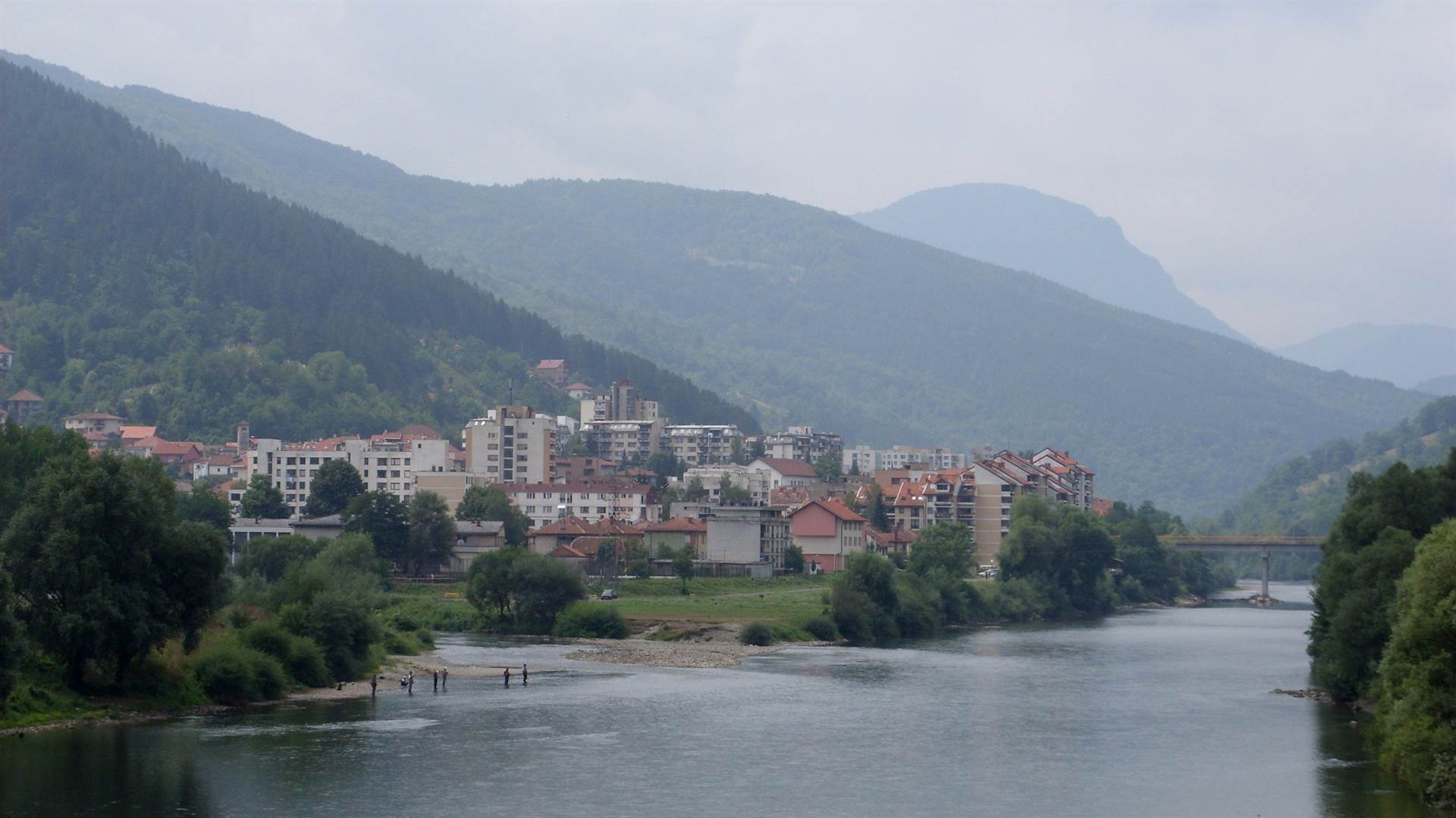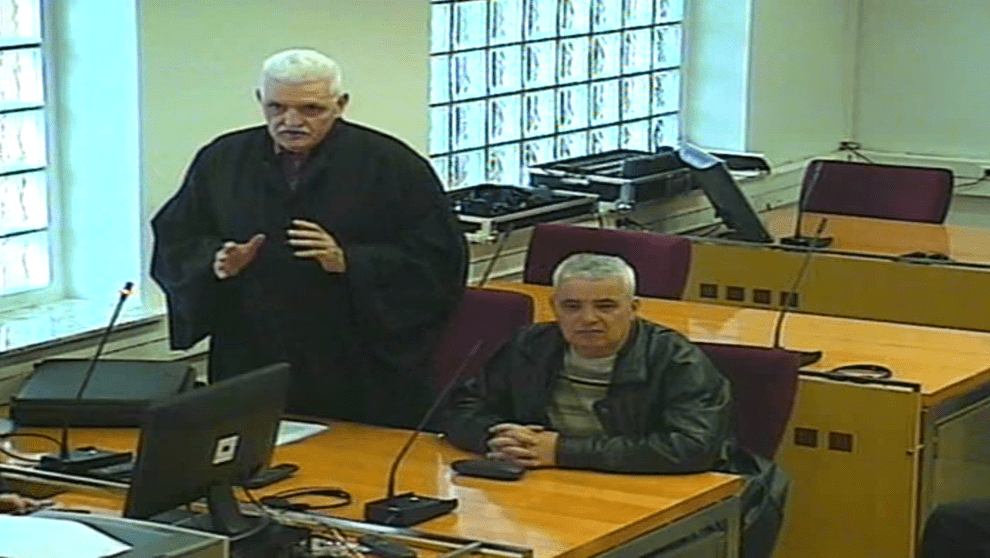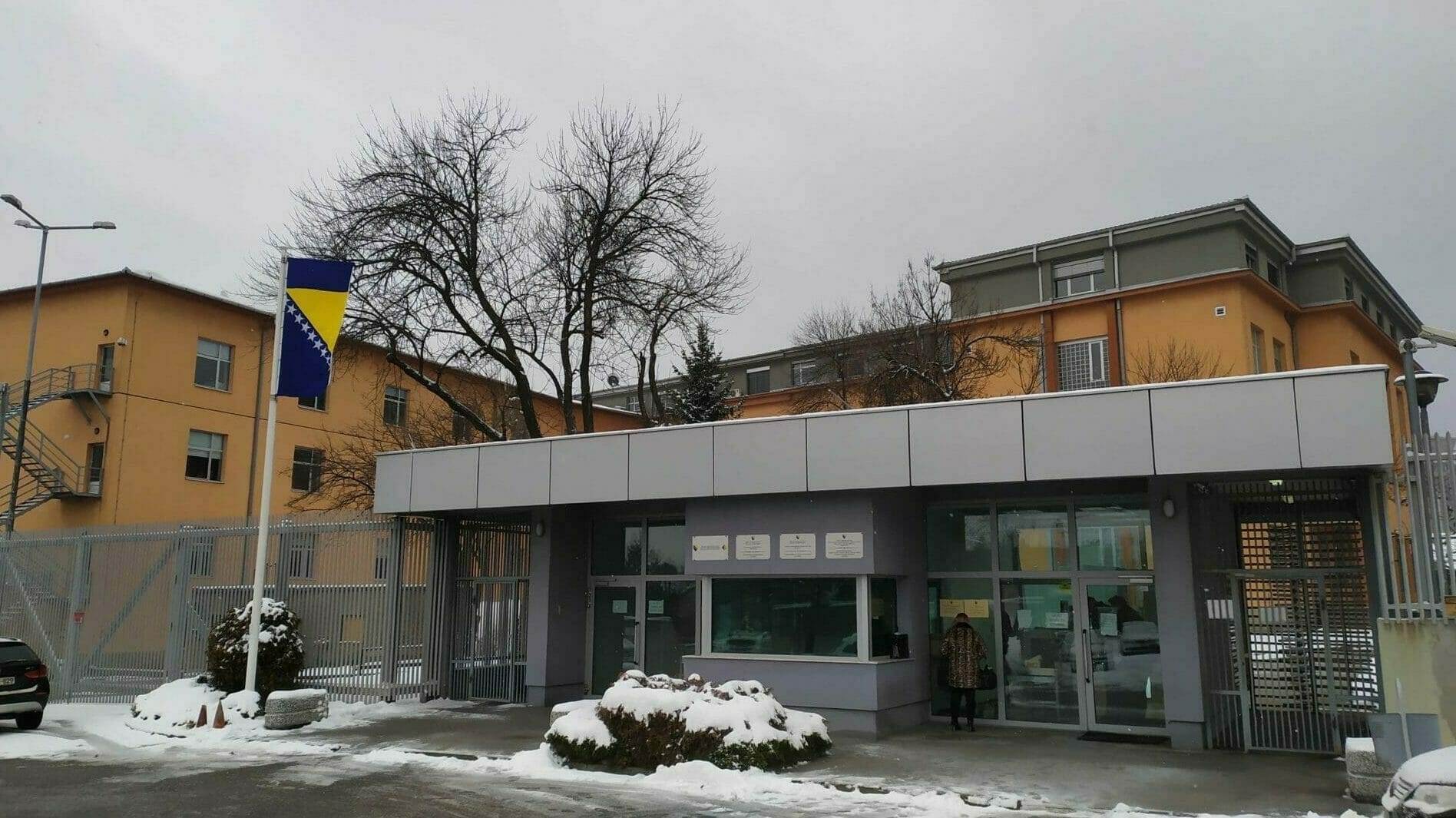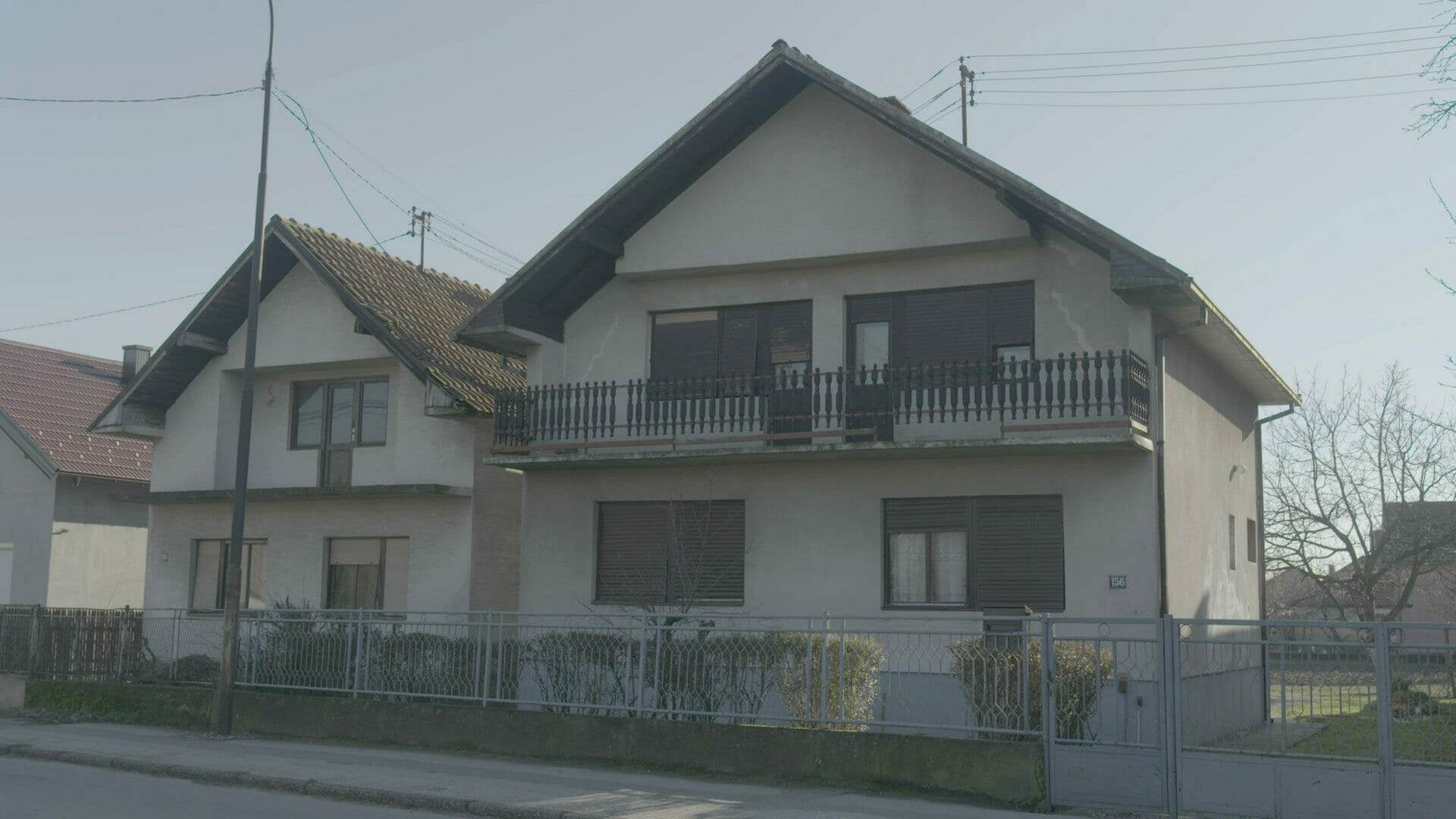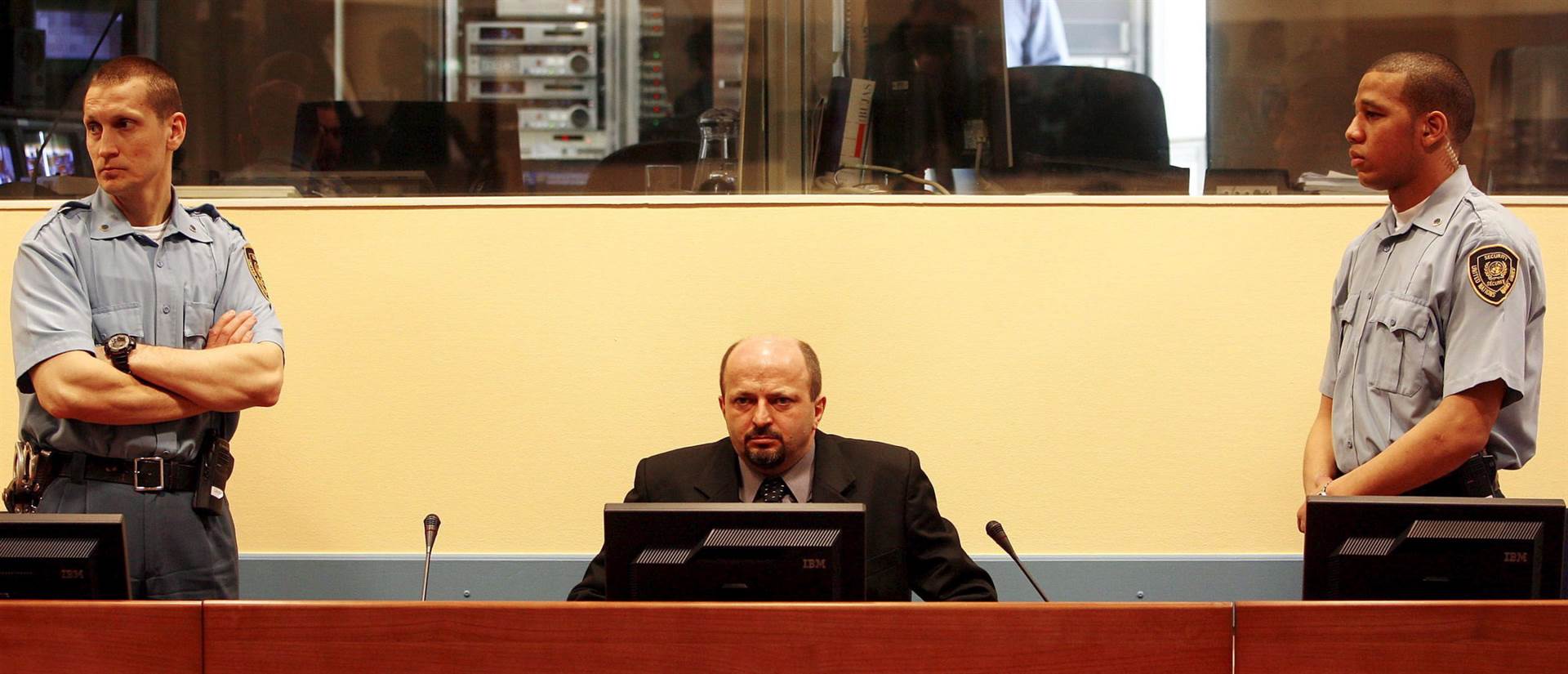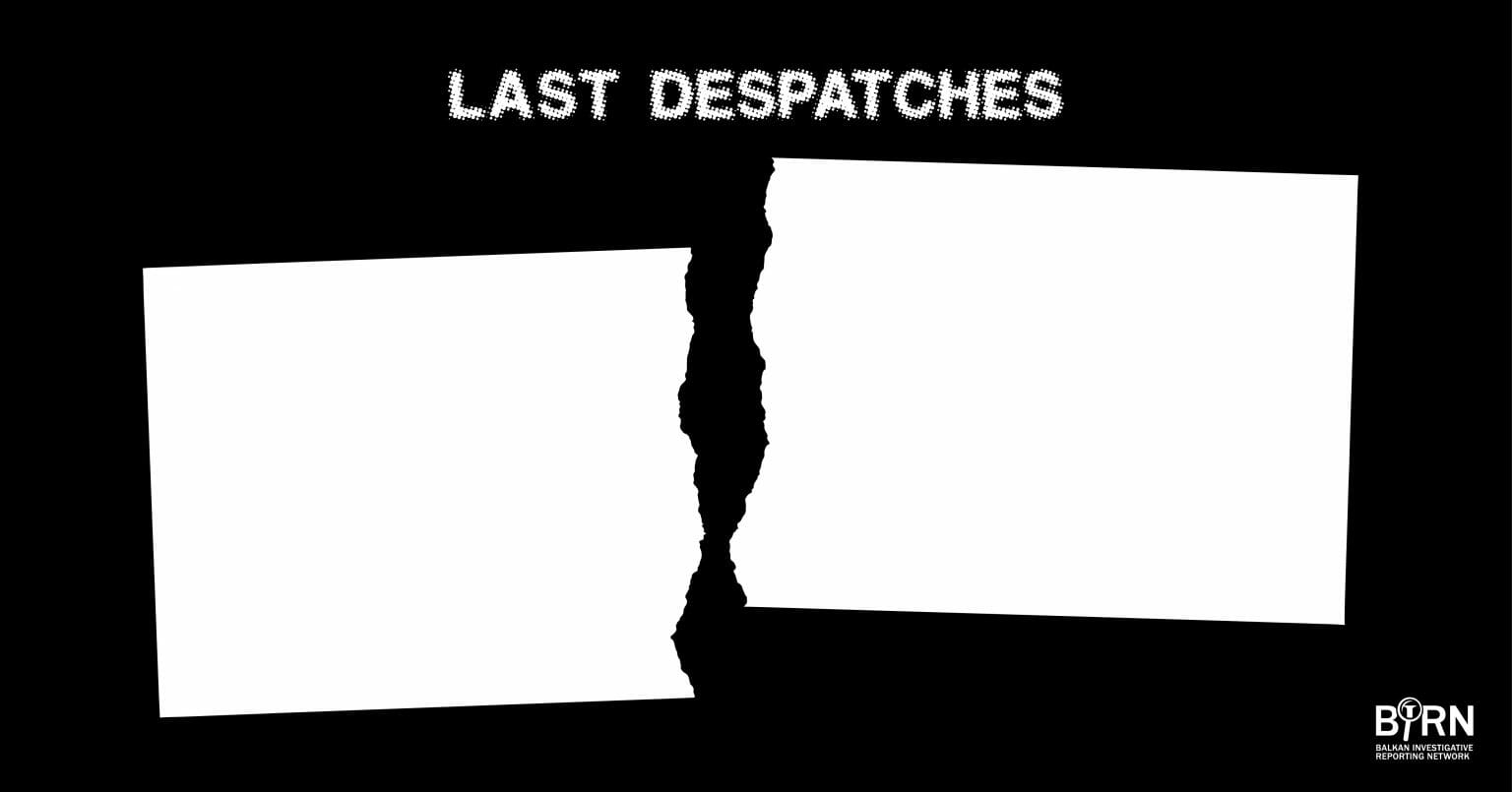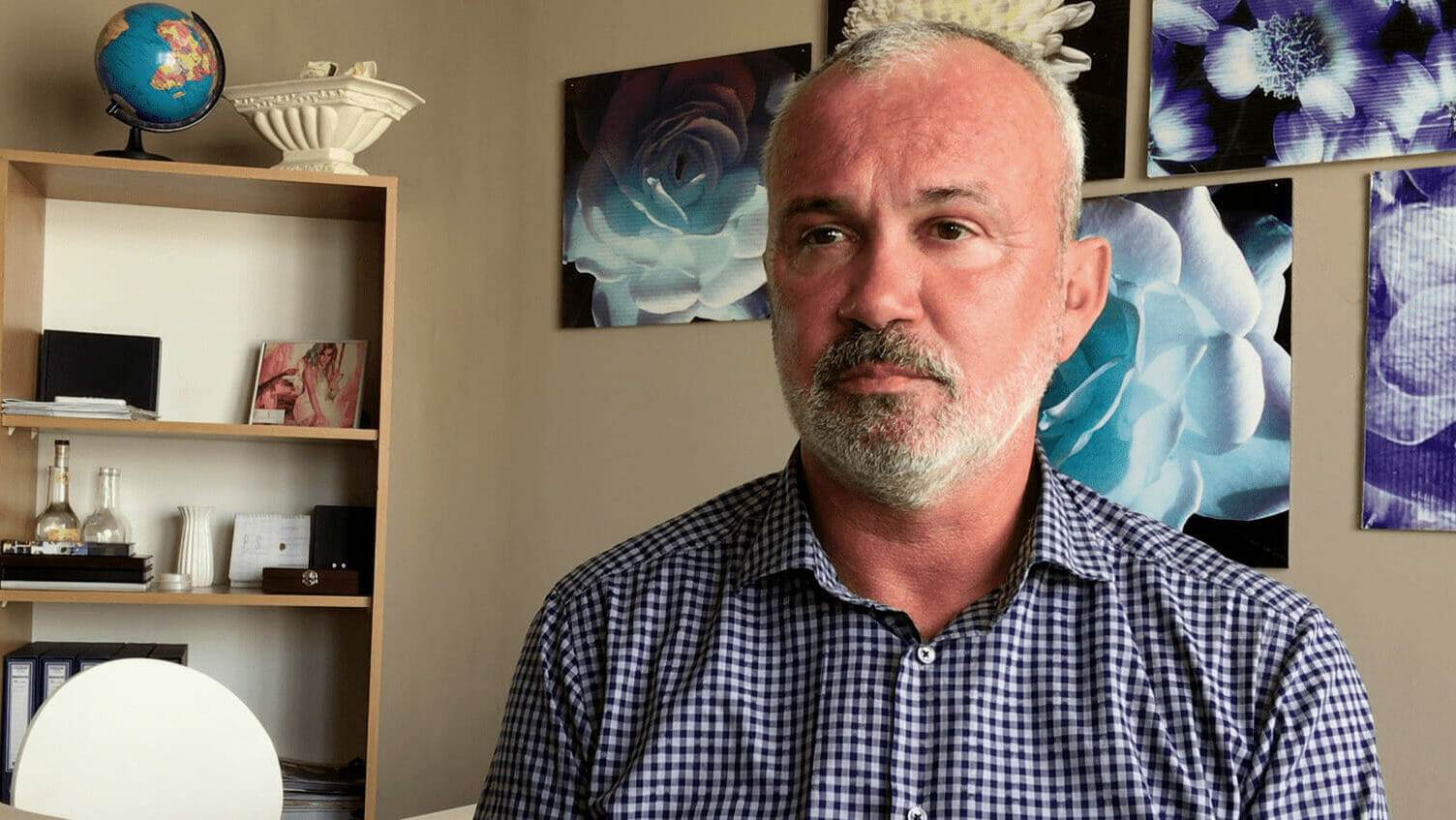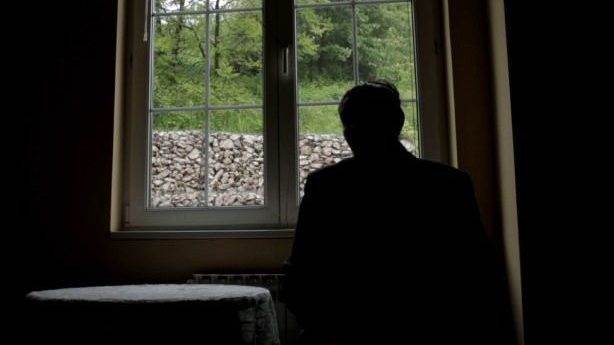The Bosnian state court confirmed an indictment charging wartime unit commander Miodrag Nikacevic with committing a crime against humanity for his involvement in persecuting Bosniaks in Foca in 1992.
Former Bosnian Serb Army soldier Rade Garic’s sentence for persecuting Bosniaks from the Vlasenica and Srebrenica areas in 1992 and 1995 was reduced on appeal from 20 years to 17...
The Bosnian state court has again rejected an indictment accusing wartime Serb official Milenko Stanic of committing crimes against humanity against Bosniak civilians in the Vlasenica area in 1992 and...
Eight former police officers in Bosnia’s Serb-dominated Republika Srpska entity have been charged with participating in the killing of 22 Bosniaks, including women and children, near Bijeljina in 1992.
The UN court in The Hague granted a ten-month sentence reduction to the wartime political leader of Bosnia’s Prijedor municipality, Milomir Stakic, who was convicted of the persecution and extermination...
The Balkan Investigative Reporting Network is holding an exhibition and publishing a book commemorating journalists and media workers who were killed during and just after the 1990s wars in the...
Seven former Bosnian Serb police officers were arrested on suspicion of involvement in the murder of 22 Bosniak civilians, including women and children, in a village near Bijeljina in 1992.
Most survivors of wartime sexual violence in Bosnia and Herzegovina see the obstacles they face if they try to get compensation as an additional punishment, according to the findings of...
Bosnian Serb leader Milorad Dodik is threatening to escalate his efforts to cut ties between the Republika Srpska and the rest of Bosnia. But how far are his threats and...
